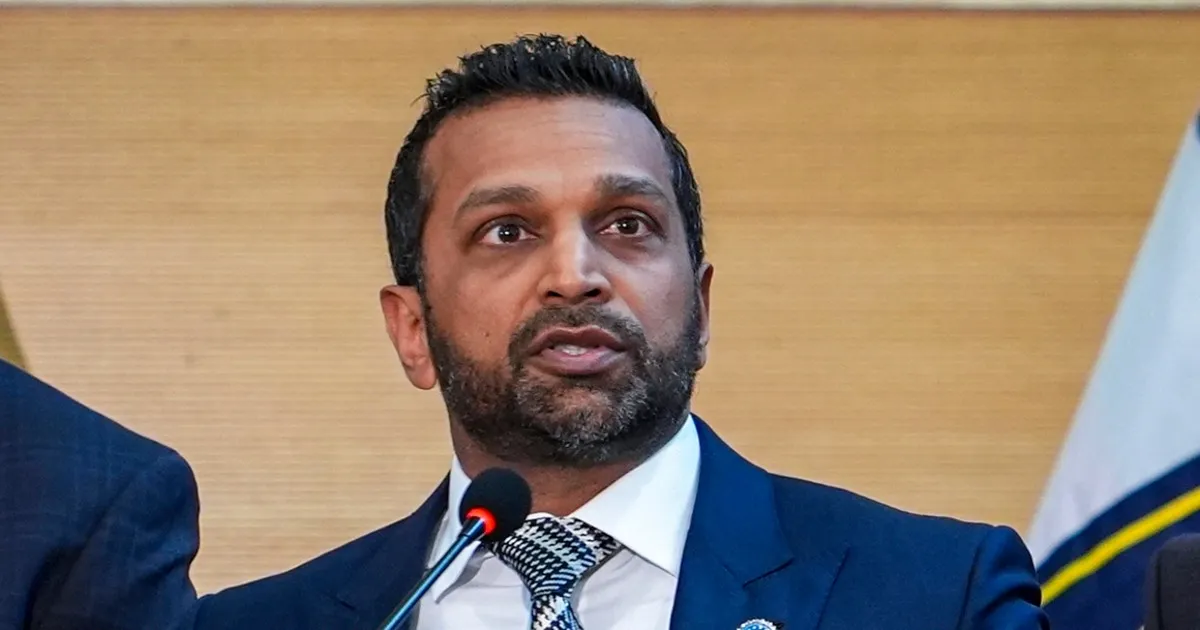
Recent activities by FBI Director Kash Patel during the investigation into the assassination of conservative activist Charlie Kirk have raised significant questions regarding his judgment and decision-making capabilities during a crisis. Four former FBI officials and two administration insiders shared their concerns with NBC News, highlighting actions taken by Patel from the time of the shooting on Wednesday to the arrest of a suspect on Friday.
Sources, many of whom spoke on the condition of anonymity due to fears of retaliation from the Trump administration, expressed doubts about Patel’s leadership. They cited various actions, including his location during the evening of the assassination and what one former official described as “grandstanding” regarding his own involvement after the arrest. “He has heard concerns about how this looks,” one administration official stated. “There are a lot of shaking heads.”
Christopher O’Leary, a senior former FBI counterterrorism official, criticized Patel’s handling of the investigation, asserting that it demonstrated a lack of leadership experience. A current law enforcement official echoed these sentiments, stating that the “horrific event” of Kirk’s killing showcased Patel’s “public inability to meet the moment as a leader.”
In defense of Patel’s actions, a White House official stated that the FBI director is working tirelessly on the case and that any doubts about his resolve, especially considering his close friendship with Charlie, represent a “disgusting act of political gamesmanship.” The official emphasized that the focus remains on delivering justice and ensuring that the perpetrator faces the full extent of the law.
Following the tragic shooting at Utah Valley University, Patel was reportedly seen dining at Rao’s, an exclusive New York restaurant known for its difficulty in securing reservations. Sources familiar with his movements confirmed that Patel posted on X at 6:21 p.m. informing the public that “the subject” in Kirk’s killing was “in custody.” However, about 90 minutes later, he updated his status to indicate that the suspect had been released after interrogation by law enforcement.
Critics argue that these posts were both premature and unnecessary, undermining public confidence in the FBI. O’Leary noted, “They gave the public the perception that the FBI is not that organized at a time when the public is concerned because there’s an unfolding crisis.”
As the investigation unfolded, it was reported that Patel and his deputy, Dan Bongino, held a tense conference call with agents nationwide, expressing frustration over the pace of the investigation. They reportedly used strong language to convey the pressure they were under to arrest the killer. This led to a decision for Patel to travel to Utah, despite being advised against making public appearances until an arrest was made.
Despite appearing at a news conference with state and local officials, Patel remained silent, which one administration official deemed a wise choice. However, a third former FBI official criticized his decision to travel to Utah, stating that his presence could distract agents working on the case.
After the arrest of 22-year-old Tyler Robinson, Patel made statements on X claiming that the FBI had solved the case by overriding recommendations from local law enforcement. This assertion was met with immediate pushback from the Utah Department of Public Safety, which clarified that their aim was to identify the suspect using facial recognition technology before releasing any images.
A former senior official from a large police department remarked that the FBI should typically allow local officials to take the lead in such investigations, as they often command more public trust. He suggested that Patel’s criticisms of local authorities appeared to be an attempt to curry favor with Trump, noting that “it never benefits the FBI to criticize the locals.”
O’Leary pointed out that Patel’s management style has led to numerous firings within the bureau, particularly of those involved in investigations related to Trump or the January 6 riots. He cited the recent dismissal of Brian Driscoll, a senior FBI official who had defended agents working on the Capitol riots. Such actions, according to O’Leary, could have long-term detrimental effects on an institution crucial to national security.
As the investigation into Charlie Kirk’s assassination continues, the scrutiny surrounding Kash Patel's leadership and decision-making processes highlights the complexities and challenges faced by federal law enforcement in times of crisis.